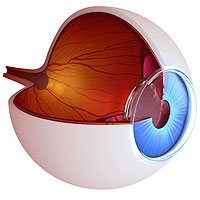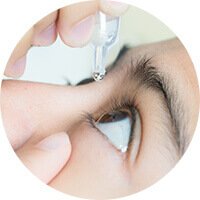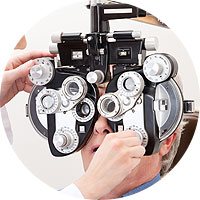Today, our generation happily coexists with technology. It comes as no surprise that technology has become deeply ingrained in our daily lives, with the use of cell phones, appliances and modern medicine. All of this technology is designed to make our lives easier and more fulfilled. We can also express the same sentiment when it comes to vision correction. Traditional eyeglasses are becoming a thing of the past as we continue to advance and upgrade. With LASIK surgery, we have a solution to our vision problems, all without the hassle of eyeglasses and contact lenses.
LASIK surgery has been around for a while, and is continuously advancing, but many people are still skeptical of its effects. Does it work? There is no doubt that LASIK surgery has helped millions of people see clearly. The nest question is, how long does it last? Let’s find out.
Considerations in the Duration of LASIK
LASIK surgery is considered one of the most preferred procedures when it comes to correcting refractive errors. The results of this procedure are permanent, but there are rare instances when you may need to go back for a touch up after the surgery. As we age, it is normal to experience changes in vision. Unfortunately, LASIK surgery cannot stop the passage of time, and it is likely that changes in vision will occur in later years despite LASIK surgery. These changes are generally gradual, just like a change in prescription.
One age related refractive disorder, called presbyopia, happens to almost everyone as they approach their middle age. Presbyopia affects close-up vision, making it difficult to read and do detailed activities. This condition is easily managed through reading glasses, and will not affect distance vision that has been corrected by LASIK.
Another factor that affects the duration of the LASIK results is change in hormones. Pregnant women who want to undergo LASIK surgery are advised to wait to ensure that the results would last without hormones affecting them.
Cataracts can also lessen the effects of LASIK surgery. Cataracts are normal and develop in almost all people in their later years. After LASIK surgery, cataract surgery becomes much more complicated, but is still possible in most patients. Once successful cataract surgery has been performed, eyesight should return to normal and no LASIK enhancement should be needed.
These gradual changes are generally not bothersome to our patients in Wilkes-Barre, and most do not require enhancements. Some patients opt to only use their prescription glasses during certain activities, such as driving or at nighttime.
What to Expect After LASIK Surgery
Successful LASIK surgery is always permanent, with the effects lasting many years or even decades. However, considering all of the factors that can affect LASIK results later in life, it is important to manage expectations. LASIK surgery is the best form of vision correction available, and is extremely effective in the correction of myopia, hyperopia and astigmatism.
There are LASIK alternatives in Scranton that patients may consider, but LASIK has by far the highest success rate among eye care procedures. After the surgery, there level of visual acuity achieved depends largely on the patient’s original visual acuity. Not everyone will achieve 20/20 vision, especially those who had severe refractive errors to begin with. LASIK does, however, always provide an improvement in vision. Those who were heavily dependent on glasses before LASIK surgery may only need then to do certain activities after LASIK, or for most, not at all.
As one of the most sought-after eye correction procedures, LASIK continues to amaze the world with its top-of-the-line equipments, processes, and technology that surely benefits patients in the long run. If you are still undecided about undergoing this procedure, contact us and learn more about LASIK, and ultimately change your life for the better. Call Eye Care Specialists in Wilkes-Barre or Scranton, PA.

















